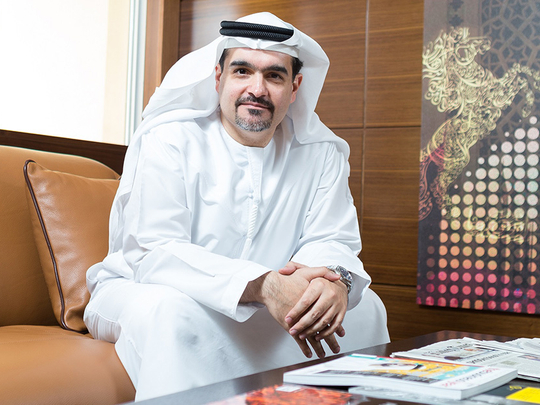
Globally today we notice that social development is a number one concern and priority for governments and communities. Despite the significant advancements, we constantly hear about that are being leveraged to operate and manage corporations and economic institutions, communities are in reality making slow progress towards achieving sustainable social development.
The third edition of the Global Islamic Economy Summit that will convene in Dubai in today has identified social development as a focal point of its deliberations. The two-day forum will discuss Islamic methods and mechanisms that can help achieve social development for the world at large.
Many of the concepts that will be at the forefront of this year’s event are discrete yet difficult to dissociate from each other. A closer look at its primary focus – social development – might perhaps prompt us to consider its nuances on the eve of the summit itself.
In layman’s terms, social development means that an upgrade takes place in a society, its culture and its members’ skills, which goes hand in hand with stimulated economic growth that meets the requirements of this positive shift. Such comprehensive and well-planned approach will find all entities, such as companies, organisations, as well as social and academic institutions, participate in and benefit from the process.
However, the lack of standards governing market trends, freedom of companies, and economic monopolies that concentrate wealth in the hands of a few has threatened the future of social development. For this reason, economic activities have had difficulty striking the right balance and achieving harmony between growth objectives and development requirements in markets that are governed by supply and demand, quick profitability, and unfair competition.
A solution presents itself in the form of Islamic economy, whose rules stipulate that all of the aforementioned participants must contribute to the process in order for an economic activity to become legitimate. With parallel human and economic development as the ultimate goal, the Islamic economic system implements high ethical and humane standards that drive investments towards sectors contributing to social development.
Upon the launch of the ‘Dubai: Capital of Islamic Economy’ initiative in 2013, an important question arose in this context: What are the prerequisites of social development from the Islamic economy perspective, and how can they be achieved?
In its truest form, social development is:
1. Comprehensive - must encompass all social, cultural and intellectual aspects of life, and involve skills, capacities, education and empowerment of all members of society.
2. Integrated - must include all individuals and social segments.
3. Sustainable - must be able to continue with minimum setbacks.
4. The stimulators of social development in Islamic economy are:
5. Binding standards that distinguish Islamic economy and raise economic institutions’ responsibility towards society.
6. Unified objectives – Islamic economy is a harmonious ecosystem where social development takes place faster.
7. Commitment to genuine key sectors that produce commodities to meet people’s demands and avoidance of fake trading activities that drain the society’s wealth.
8. Making people the main objective and empowering human capacities.
9. Ownership of economic institutions by society with no separation between institutions’ policies and overall development goals, and no conflict between people’s interests and the interests of institutions’ owners; if conflict ever arises, public interest always prevails.
10. Financing by social capital represented by the wealth that members of society save and use to fund projects through Islamic financial instruments, such as sukuk, as well as the human capital that runs institutions and companies.
- The writer is the CEO of Dubai Islamic Economy Development Centre










